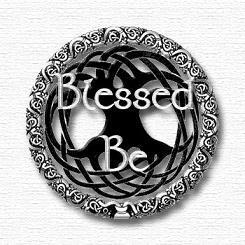Community Reviews
There are loads of interesting and gossipy details. It's truly a captivating story. For example, consider these two representative sentences. The first one, "Surely such an important public figure should not have a vacuum foetus growing so hideously in her virgin cave." This sentence creates a vivid and almost grotesque image, making one wonder about the strange and perhaps scandalous situation.
The second sentence, "Her multiple selves had been exposed at last, at a very high cost to be sure; and now a courageous plunge into genuine catharsis might have released her imprisoned bitch goddess once and for all." It delves into the idea of a person having multiple aspects to their personality that have now been revealed, and the possibility of a cathartic release. It's a thought-provoking statement that adds depth to the overall narrative.
Together, these sentences offer a tantalizing glimpse into a world full of drama, mystery, and perhaps a touch of the macabre. They leave the reader eager to discover more about the story and the characters involved.
A beautifully written harrowing tale unfolds, revealing the tragic story of a self-destructive life. The protagonist's actions have taken a heavy toll on her daughter. We witness the downward spiral of the mother, her choices leading to a series of events that have a profound impact on the innocent child. The daughter, caught in the middle, endures the consequences with a silent strength that is both heart-wrenching and inspiring. As the story progresses, we see the mother's self-destruction accelerate, and the daughter's world crumble around her. Yet, through it all, there is a glimmer of hope that perhaps, one day, they will both find a way to heal and move forward.

~Magickal Graphics~ This piece of writing had its merits, but the didactic nature detracted a little. The criticism of the child's work seemed rather harsh. It's important to remember that a child's creativity should be nurtured and not judged too severely. However, if you're interested in a text that employs academic language, then this might be suitable for you. The accompanying images and links add an extra dimension to the overall presentation. The picture of "Blessed Be Comments" catches the eye and makes the reader curious to explore further. The link to "Magickal Graphics" provides an opportunity for those who want to know more about the source or the author's other works. Overall, it's a piece that has its pros and cons, but it can still offer some value to the right reader.












